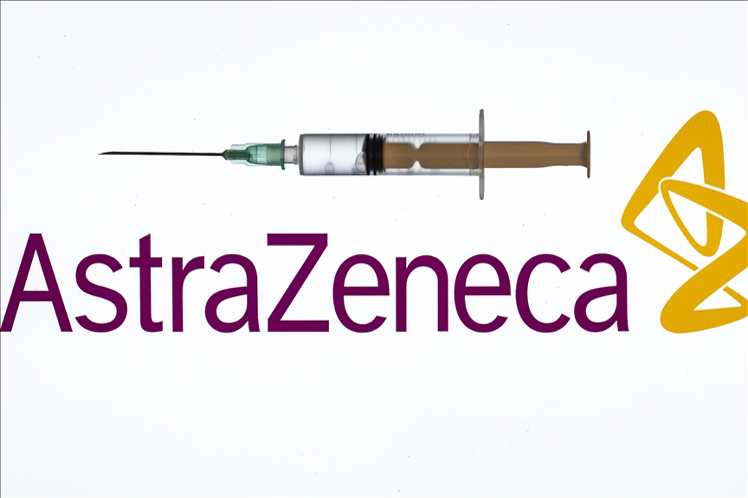The first paper, by William Whiteley of the University of Edinburgh, UK, and colleagues from the BHF Data Science Center, UK, analyzed the Electronic Health Records (EHRs) of 46 million adults in England, of whom 21 million were vaccinated from December 2020 to March 2021. For people aged 70 or older, the risks of arterial and venous thrombotic events were slightly lower in the 28 days following vaccination with either the Pfizer vaccine, after adjusting for a range of demographic features and comorbidities.
In people under age 70, the risks of arterial and venous thrombotic events were comparable in the 28 days following vaccination, but a small increase in the rate of intracranial venous thrombosis (ICVT) was observed following the ChAdOx1-S vaccine. This corresponded to an estimated excess risk of 0.9–3 per million (varying by age and sex) and was approximately twice the rate compared to unvaccinated people, after adjusting for a range of demographic characteristics and comorbidities. The same effect was not seen after the BNT162b2 vaccine.
“In adults under 70 years, the small increased risks of intracranial venous thrombosis and hospitalization with thrombocytopenia after first vaccination with ChAdOx1-S are likely to be outweighed by the vaccines’ effect in reducing Covid-19 mortality and morbidity,” the authors say.
The second paper, by Steven Kerr of the University of Edinburgh, UK, and colleagues, used a dataset of 11 million adults in England, Scotland, and Wales.
They compared the rate of cerebral venous sinus thrombosis (CVST) events—a rare type of blood clot in the brain—in the 90 days prior to vaccination and the four weeks following a first dose of ChAdOx1-S or BNT162b2. The authors observed a small elevated risk of CVST events following vaccination with ChAdOx1-S, equivalent to one additional event per 4 million people vaccinated, which was approximately twice as high as before vaccination. The study found no association between the BNT162b2 vaccine and CVST.
“This evidence may be useful in risk-benefit evaluations for vaccine-related policies, and in providing quantification of risks associated with vaccination to the general public,” the authors say.
mh/pll/oda/znc










